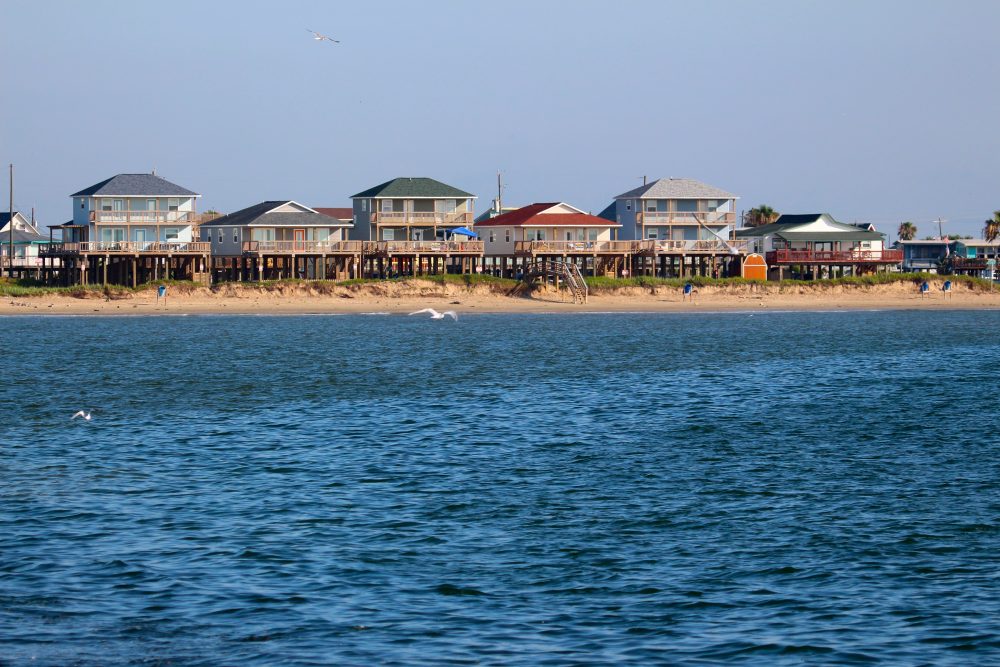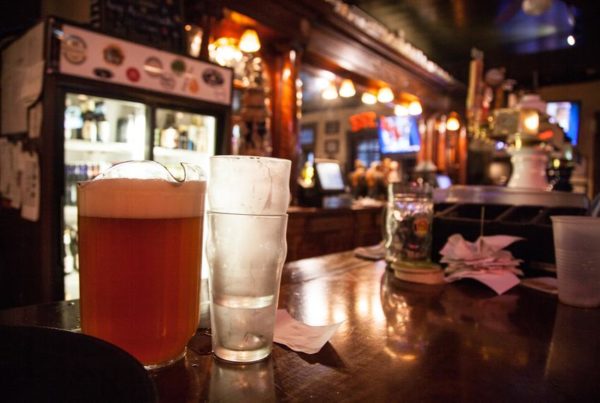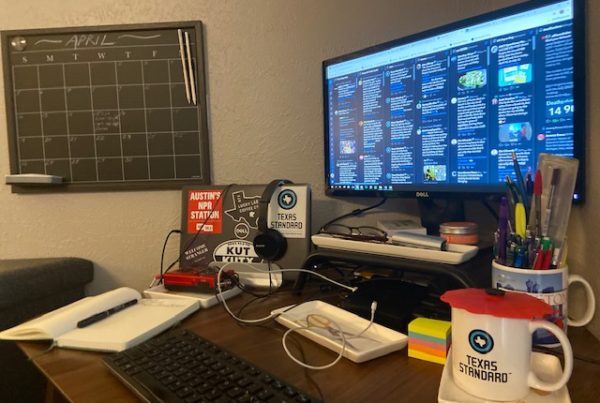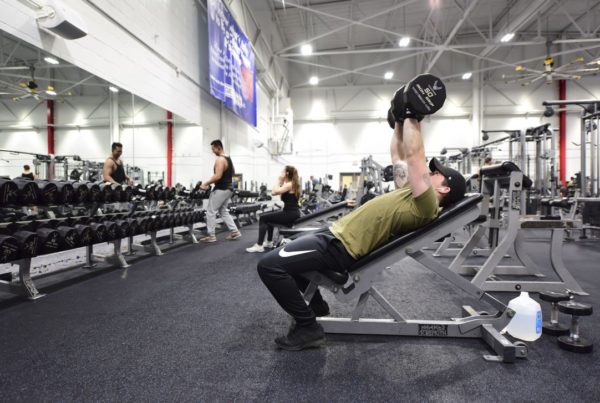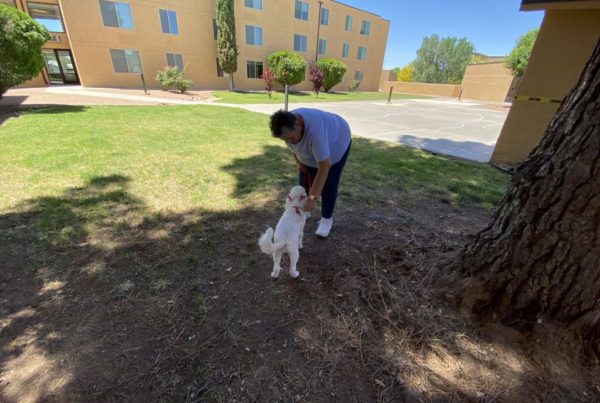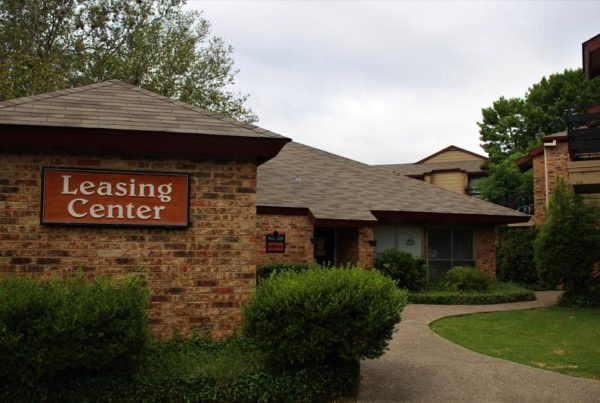Surfside Beach sits about an hour south of Houston. With a population of roughly 600, the quiet beach town is surrounded by nature. It butts up against the Brazoria National Wildlife Refuge, home to more than 400 species of birds, and the endangered Kemp’s Ridley sea turtles lay their eggs on its beaches.
“We have butterfly migrations that come through; every kind of coastal bird you can think of,” said Donna Robinson, who has lived in Surfside for over 20 years. “It’s just a very quaint, lovely, community with lovely people that live here.”
Now, Surfside sits in the path of a major oil project from two midstream operators, Enterprise and Enbridge, who want to build a deepwater oil port 30 miles offshore. Called the Sea Port Oil Terminal, or SPOT, it would be able to load large tankers that can transport up to 2 million barrels of oil at a time.
Part of the project includes building new pipeline to transport crude from an existing terminal in Houston to the proposed deepwater port. That pipeline would cut through Surfside.
Robinson said one of her main fears is an oil spill like Deepwater Horizon, during which 210 million gallons of crude oil spilled into the Gulf of Mexico, killing marine life and blackening shorelines.
“If there was to be a spill or something it would affect me. It would affect the entire island,” she said. “This is a very beautiful little community and we don’t want [the pipeline] here.”
Shelley Wallis, who owns a house right next to the proposed pipeline’s path, echoed those concerns.
“I’ve never been around anything like this; it just scares me to death,” she said. “To think, my daughter is downstairs swinging on the hammock and that thing fails, what happens? I don’t think anybody can live there and not fear what will happen when that thing fails.”
Similar projects have popped up since 2015 when the U.S. lifted its ban on exporting crude. Most of Texas’ existing port infrastructure can’t efficiently handle loading the largest oil tankers, leading to a rush to build deepwater ports. And as companies race to build these offshore export terminals, communities across the Gulf Coast are feeling anxious.
If you found the reporting above valuable, please consider making a donation here. Your gift helps pay for everything you find on texasstandard.org and Houston Public Media. Thanks for donating today.


